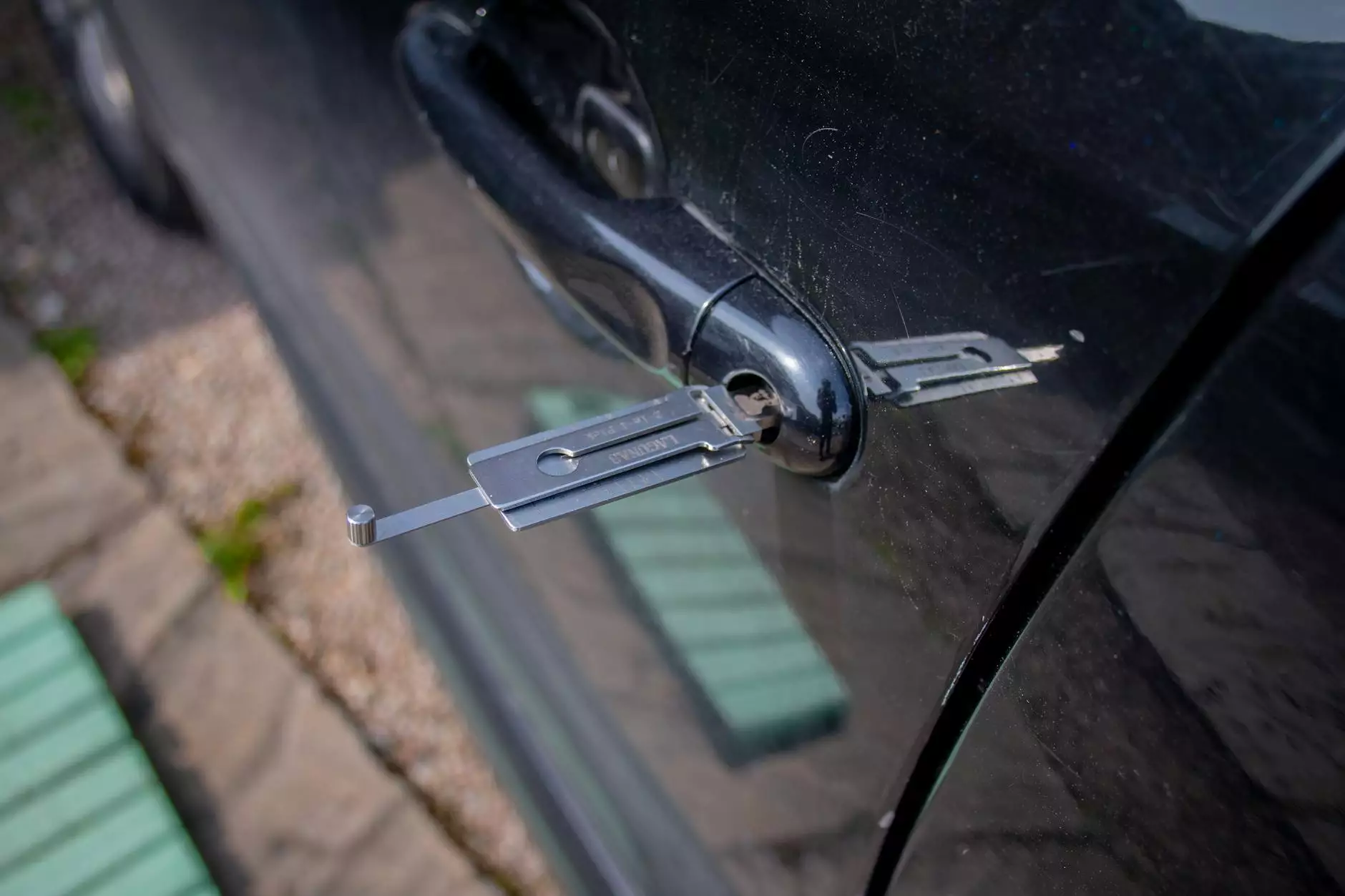Understanding Dental Crown Costs in the UK

Dental crowns are an essential component of restorative dentistry, offering essential solutions for damaged teeth. For those considering getting a dental crown, understanding the dental crown cost UK is vital. In this in-depth article, we will explore the various factors influencing the costs, different types of crowns available, and practical tips for choosing the right dental care provider.
What Is a Dental Crown?
A dental crown is a tooth-shaped cap that is placed over a tooth to restore its shape, size, strength, and appearance. Crowns are commonly used after a root canal procedure, to protect weak teeth, or to improve the aesthetics of a discolored tooth. They play a crucial role in maintaining oral health and ensuring that your teeth function properly.
Factors Affecting the Cost of Dental Crowns in the UK
The dental crown cost UK can vary significantly based on several factors. Understanding these components can help you budget and make informed decisions. Here are the primary factors that influence the cost of dental crowns:
1. Type of Crown
The material used for the crown significantly impacts the cost. Common types of crowns include:
- Porcelain Crowns: These crowns offer a natural appearance and are excellent for front teeth. They typically fall in the mid to high price range.
- Ceramic Crowns: Ideal for people with metal allergies, ceramic crowns are also aesthetically pleasing but can be more expensive.
- Metal Crowns: Made from alloys like gold or nickel, these are known for their durability but can be quite costly.
- Porcelain-fused-to-metal Crowns: These provide a combination of durability and aesthetics, and their price is usually moderate.
2. Location of the Dental Practice
The location greatly affects dental costs. Private practices located in affluent areas may charge more than those in lower-cost regions. Always compare prices from different practices in your area.
3. Dentist’s Expertise
Experienced and highly-rated dentists might charge higher fees for their services. However, their expertise can lead to better outcomes, making it a worthwhile investment.
4. Additional Treatments Required
If you need preliminary treatments, like root canals or extractions, these costs will be added to the overall price of your dental crown. Ensure you’re aware of all necessary treatments during your consultation.
Average Costs of Dental Crowns in the UK
As of 2023, the average cost of dental crowns in the UK typically ranges from £250 to £1,500 per crown. The price depends on the factors previously discussed. Below is a rough estimate based on crown types:
- Porcelain Crowns: £500 - £1,500
- Ceramic Crowns: £800 - £1,500
- Metal Crowns: £400 - £1,200
- Porcelain-fused-to-metal Crowns: £500 - £1,200
How to Find Affordable Dental Crown Options
Finding affordable dental care without compromising quality is essential. Consider the following tips:
1. Compare Prices
Research multiple dental practices and request price estimates. Don’t settle for the first option you find; comparing can save you significant amounts.
2. Check for Dental Plans
Investigate if your dentist accepts dental insurance or if they offer payment plans. Some dental practices have finance options that can spread the payment over a period, making it more manageable.
3. Look for Dental Schools
Dental schools often offer services at a fraction of the cost since students perform the procedures under professional supervision. This can be a cost-effective way to receive high-quality care.
4. Explore Alternatives
In some cases, less costly alternatives may suffice. Consult with your dentist about whether a filling or veneer could be a viable option before opting for a crown.
The Dental Crown Procedure
Understanding the procedure involved in getting a dental crown can help alleviate some of the apprehension you may have about the process. Here’s what to expect:
1. Initial Consultation
During your first visit, your dentist will conduct a thorough examination and may take dental X-rays to assess the extent of the damage. This step is crucial in determining if a crown is the right solution for your dental health.
2. Tooth Preparation
If a crown is deemed necessary, the affected tooth will be prepared by removing a portion of the enamel to make space for the crown. This ensures that the crown fits properly and aligns with your other teeth.
3. Impressions and Temporary Crown
After preparing the tooth, your dentist will take impressions of your mouth to create a custom crown. They may fit a temporary crown to protect your tooth until the permanent one is ready.
4. Fitting the Permanent Crown
Once the custom crown is made, you will return to have it fitted. The dentist will check its fit and adjust it as necessary before permanently cementing it into place.
Aftercare for Dental Crowns
After receiving a dental crown, proper aftercare is essential for longevity and health. Here are some aftercare tips:
- Maintain excellent oral hygiene by brushing and flossing regularly.
- Avoid hard or sticky foods that could dislodge or damage the crown.
- Schedule regular dental check-ups to monitor the condition of the crown and your overall dental health.
Conclusion
Understanding the dental crown cost UK is crucial for anyone considering this restorative dental procedure. By knowing what factors influence the price, types of crowns available, and effective ways to find the best dental care, you can make informed decisions that will benefit your oral health. Remember to consult with a qualified dentist to discuss your options and ensure you receive quality care tailored to your dental needs.
For more information, consider visiting us at wupdoc.com, where we provide expert advice and information on various health and medical services.









